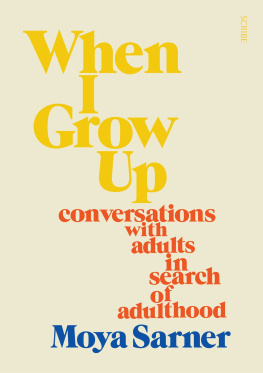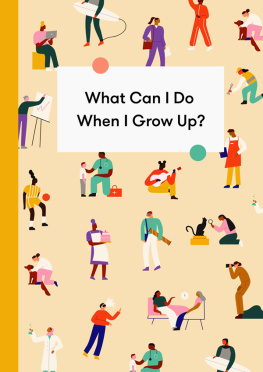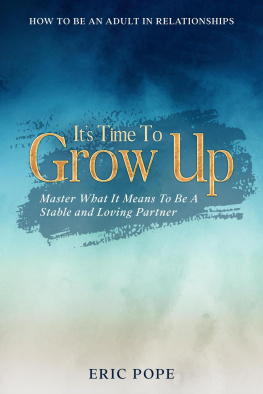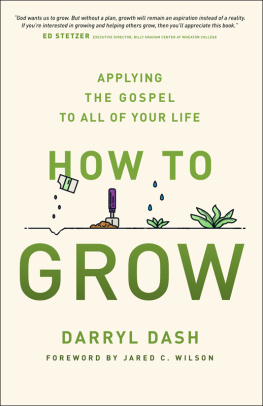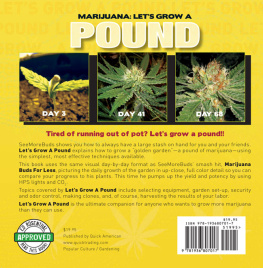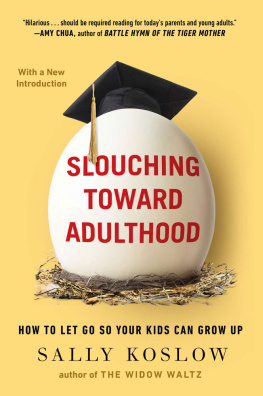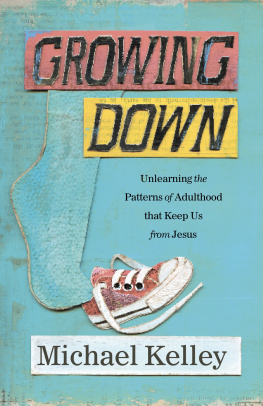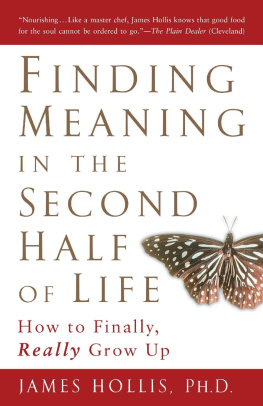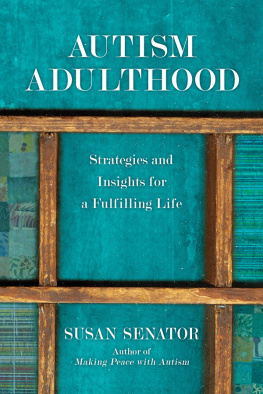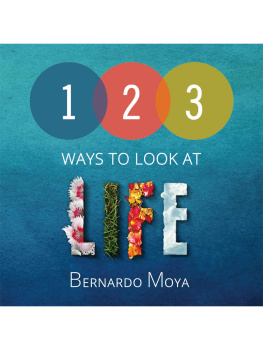
When I Grow Up
Moya Sarner is a psychodynamic psychotherapist and award-winning freelance journalist based in London. She has written for The Times , The Guardian , New Scientist , Stylist , and other publications. When I Grow Up is her first book.
Scribe Publications
2 John St, Clerkenwell, London, WC1N 2ES, United Kingdom
1820 Edward St, Brunswick, Victoria 3056, Australia
3754 Pleasant Ave, Suite 100, Minneapolis, Minnesota 55409, USA
Published by Scribe 2022
Copyright Moya Sarner 2022
All rights reserved. Without limiting the rights under copyright reserved above, no part of this publication may be reproduced, stored in or introduced into a retrieval system, or transmitted, in any form or by any means (electronic, mechanical, photocopying, recording or otherwise) without the prior written permission of the publishers of this book.
The moral rights of the author have been asserted.
Epigraph copyright 1984, from Attention and Interpretation by Wilfred R. Bion. Reproduced by permission of Taylor and Francis Group, LLC, a division of Informa plc.
978 1 913348 00 7 (UK edition)
978 1 925849 88 2 (Australian edition)
978 1 957363 14 1 (US edition)
978 1 922586 36 0 (ebook)
Catalogue records for this book are available from the National Library of Australia and the British Library.
scribepublications.co.uk
scribepublications.com.au
scribepublications.com
Of all the hateful possibilities, growth and maturation are feared and detested most frequently.
Wilfred Bion
Contents
Introduction
Chapter One
Chapter Two
Chapter Three
Chapter Four
Chapter Five
Chapter Six
Afterword
Introduction
Beginnings
Train in the Distance
Song by Paul Simon
When I was a baby, just starting to crawl, my grandpa helped me learn by crouching down on the floor in my parents home and dangling his keys in front of me. He would shuffle backwards as I wobbled towards him, all knees and arms. I was entranced by him and his keys, their jangle and shine; and he was besotted with me, grinning with delight at my development, at my beginning to grow up. I have no memory of this scene taking place, but I do remember very clearly, as a child of five or so, sitting on the sofa, watching baby me on the shaky home video taken by my mother with her hand-held camcorder. My grandpa died when I was in my early teens, more than 20 years ago now, so he never got to see me as an adult with a husband and a home of our own. Or I should say, he never got to see me as a supposed adult. Because long after I was old enough to be a grown-up, it felt to me like I was still reaching after that jangle and shine; as if he had held the keys to growing up in front of me when I was a babe, and no matter how many faltering steps I took, adulthood was always just out of my grasp.

I needed to write this book because I did not feel like a grown-up.
To outside observers, I was an adult. And there were times, such as at work as a journalist or cooking dinner for friends, where I did feel like a mature, capable, responsible grown-up woman in her 30s. But at apparently random moments, my non-adultness would pop out like the time I opened my kitchen bin to find the underside of the lid thick and throbbing with squiggly maggots, and immediately texted my mother to ask what to do. It was as if I had no mind of my own, Google had never been invented, and I had no capacity or nous to rely on. More often, though, this feeling was nebulous, not so pin-downable. I carried around this weight of something delayed, something under-developed, something I needed but did not have. Although I had passed my driving test, I had not actually driven for years because I was afraid of crashing; I had a licence that said I was a driver but I knew that deep down, I wasnt one.
So what to make of this hybrid, both-and-neither, not-quite-grown-up state? As I began writing this book, friends, relatives, and strangers confessed that, like me, they didnt feel like adults. Some called it imposter syndrome, or faking it til you make it, some spoke of feeling that something wasnt quite right in their sense of themselves. Sometimes they seemed to imply that I should take my feelings and theirs less seriously because they are so widespread, so normal.
I think the opposite.
The traditional milestones that we have relied upon to define adulthood are under pressure as never before. People in Western nations seem to be growing up later and later, as the accepted social landmarks of adulthood drift or are pulled further and further from our grasp, like my grandpa with his keys. Research by the Office for National Statistics (ONS) shows that the age of the average first-time home buyer in the UK has risen by seven years over the last five decades and for many, home ownership remains unrealistic. People are getting married older: in the US in 2019, the average age at first marriage for men was 30, for women, 28; an increase of eight years over the last six decades. In Australia, the proportion of women having their first child over the age of 30 has more than doubled over 25 years, and in the UK in 2015, the number of women giving birth over 40 outstripped the number of women giving birth under 20 for the first time since World War II. And many more Americans may not become parents at all: in 2019, America saw the lowest number of babies born in three decades. But it is not just these traditional measures of adulthood that are under pressure: it is the young people who feel like failures for not hitting them.
These statistics left me hungry, dissatisfied, searching for something more meaningful because they didnt tell me what a grown-up really was. They were the seductively easy answers, but they didnt take me much closer to the truth. During my research, I heard about a quiz from a 1930s magazine titled, Are you an adult? Readers were instructed to tick the boxes that best represented their responses, and then turn to page 87 to find out the results. I laughed when I heard about this, at the ridiculous idea that adulthood could be determined by a quiz in a magazine but I know I would have been one of the suckers who could not resist the draw of page 87. I think this magazine quiz, tick-box approach to adulthood is crucial to understanding what we get wrong, as a culture and as individuals, about growing up.
It was the sociologist Harry Blatterer, a senior lecturer at Macquarie University, Australia, who told me about that quiz, when I asked him why he thought so many of us dont feel like adults. He explained to me how our own self-perception relies on recognition by others, which we might seek through achieving the social markers of full-time work, home ownership, a relationship, parenthood. In that sense, adulthood is a cultural artefact. In the aftermath of World War II, with the rise of youth culture in the 50s and 60s (think James Dean in Rebel Without a Cause ), there developed this idea, he said, that at the end of adolescence, you settle down to become an adult: the woman stays at home and has kids, the man goes out to work for the same company for 35 years then retires with a pension. As a child brought up in a middle-class British Jewish heteronormative family in the 1980s, I realised I had exactly that picture of an adult in my mind: someone standing in a doorway of a house holding a briefcase or a baby. That suburban image of American and English life is one of security and stability, one in which people can achieve milestones, tick boxes, and feel validated, Blatterer told me, and its all very hetero. To some, this will sound old-fashioned now, because our lives, and our societies, have undergone significant changes since then, and for many of my generation and those following, work, sexuality, relationships, and (non)parenthood can take very different shapes. But I wondered how profound these changes really were; some parts of society may seem more open and less rigid than in the past, but many of us are still stuck, whether we like it or not, with the image of adulthood our parents and grandparents were raised with.
Next page
